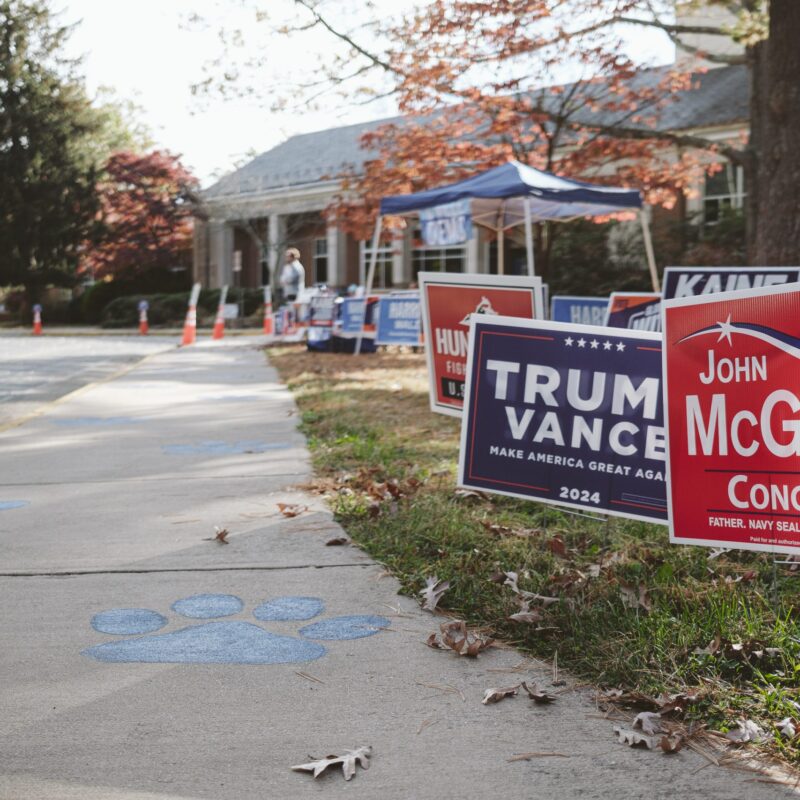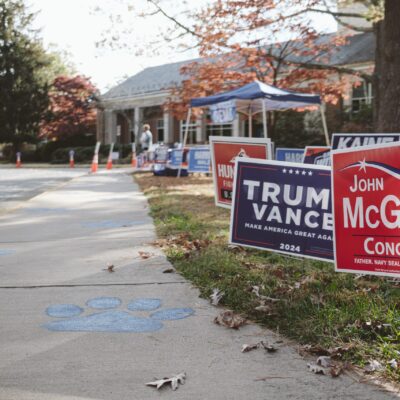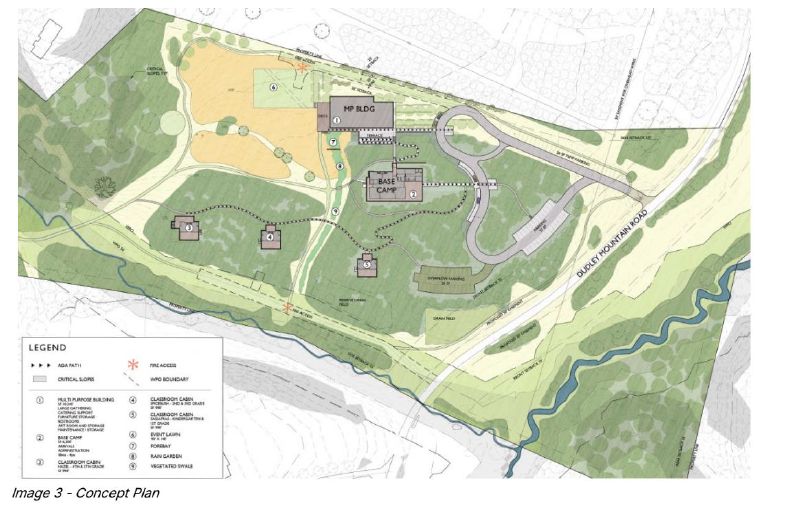City Council forum
Five Democratic candidates for Charlottesville City Council convened for two forums ahead of the upcoming primary election.
While the general election for City Council is not until November, the winners of the June 20 primary are all but guaranteed seats due to the lack of Republican challengers.
The Democratic candidates vying for three open seats are Dashad Cooper, Bob Fenwick, Natalie Oschrin, Michael Payne, and Mayor Lloyd Snook.
At the most recent forum on May 24, the candidates were given an opportunity to introduce themselves before moving on to public questions.

Newcomers Cooper and Oschrin spoke about their policy focuses, and shared their backgrounds as longtime Charlottesville residents. Taking a different approach, former councilor Fenwick highlighted his environmental and zoning concerns during his opening remarks. Current council members Payne and Snook focused on their accomplishments and desire to keep working on current projects.
For Snook in particular this election is crucial, as he must be reelected to council to be eligible for a second term as mayor.
The democratic primary for City Council is one of several local and state elections that will take place on June 20.
While the deadline to register ahead of time has passed, residents can still sign up to vote through same day registration. Voters can select up to three candidates for City Council on their ballots.
The full May 26 forum can be found on the Charlottesville Tomorrow website (cvilletomorrow.org) and the Cville Dems YouTube channel (youtu.be/bMv50qMiffk).
The Daily? Progress
Major changes are coming to The Daily Progress in June, when the longtime Charlottesville paper will switch from daily print editions to a thrice-weekly physical newspaper.
The DP will be delivered by mail on Tuesday, Thursday, and Saturday starting June 27, with a full e-edition available online. On days with no print edition, the publication will post condensed e-editions.
As the only daily newspaper in the Charlottesville area, the DP’s shift to three times a week print editions is notable. Since its founding in 1892, the paper has been a major source of local news.
In its article discussing the changes, the publication cited advertising shifts, printing costs, and the changing job market. These challenges are not unique to the Progress, with the consumption of print media declining broadly due to the rising popularity of digital content.
While The Daily Progress will still have new content online every day, the long-running paper’s shift away from daily print newspapers marks the end of an era for Charlottesville.
In brief
Veterans’ resources
Military Appreciation Month is coming to a close, but local veterans’ resources are still available. In the greater Charlottesville area, in-person resources for vets and their families can be found at the Charlottesville Veterans Affairs Office (va.gov) and the Virginia Department of Veterans Services (dvs.virginia.gov). The Veterans Crisis Line is an additional resource that can be reached by dialing 988 and selecting 1, or texting 838255. For confidential online chats, go to veteranscrisisline.net/get-help-now/chat
WillowTree layoffs
On May 24, Charlottesville-based tech company WillowTree laid off 23 employees locally, and nearly 100 more workers nationwide. The layoffs come months after the company was acquired by TELUS International, and WillowTree claimed the acquisition would create more jobs. In a statement regarding the layoffs, WillowTree President Tobias Dengel called the move a “restructuring,” and said it would “optimally [position the company] for long-term growth and success.” The layoffs impacted approximately 12 percent of WillowTree’s total workforce.
Good says pay up
The House of Representatives has passed a resolution introduced by Rep. Bob Good that would restart federal student loan payments and prevent the discharging of debt. While the measure was mostly passed along party lines, two Democrats voted with the slim Republican majority. The resolution was introduced through the Congressional Review Act, which is a fast-track legislative tool used to quickly overturn rules made by federal agencies. If the resolution is adopted, the decision would be retroactive and could potentially reinstate payments due during the pause.






